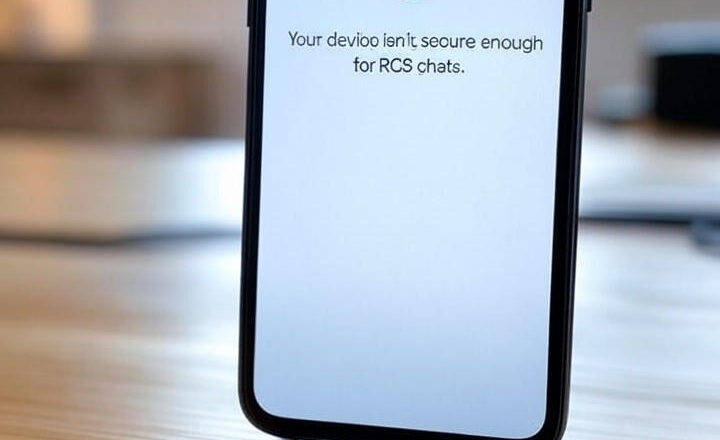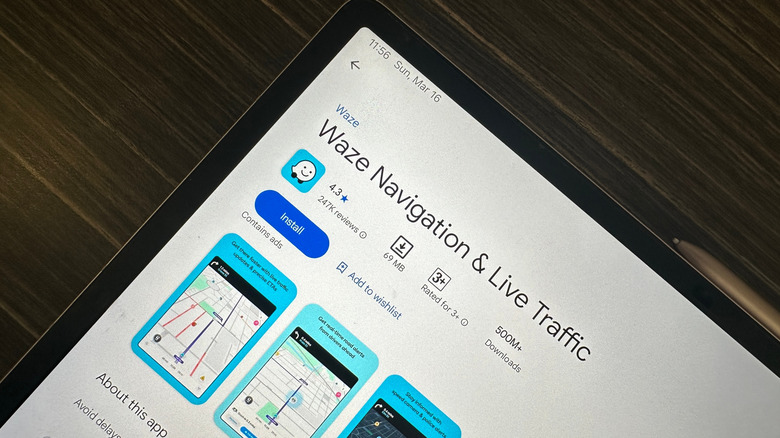
SINGAPORE, Sept. 26, 2025 /PRNewswire/ — SUNMI, a global leader in smart commercial devices, announced a dual milestone with recognition from Google. The company has officially been named a Google Android Enterprise Gold Partner, becoming the first enterprise-focusedprovider in the Asia-Pacific region to receive this honor. At the same time, SUNMI’s flagship mobile point-of-sale (POS) terminal, the SUNMI L3, has earned the Google Android Enterprise Recommended (AER) certification. These two internationally recognized certifications consolidate SUNMI’s leadership in the global Android enterprise ecosystem. They also demonstrate the company’s world-class expertise in technology innovation, regulatory compliance, and enterprise-grade service capabilities, establishing a new global standard for connected commercial devices. Notably, this recognition positions SUNMI within the ranks of global technology leaders recognized by Google.
Dual Certifications Deliver Enterprise Value: Raising the Bar for Security, Efficiency, and Total Cost of Ownership
In global scenarios—including cross-border e-commerce and smart retail—SUNMI’s dual certifications create measurable advantages for enterprise customers.
-
One-click secure deployment: Built on the Google Android Enterprise platform, customers can configure and manage SUNMI devices seamlessly across international operations, protecting corporate data while safeguarding personal privacy.
-
Future-ready investment: Google’s guaranteed Android version and security patch updates extend the lifecycle of hardware deployments, ensuring a higher return on enterprise investments.
Technology Leadership: From Compliance to Real-World Impact
-
Scenario leadership: As an AER-certified BIoT mobile POS solution, the SUNMI L3 sets a benchmark, with more SUNMI products expected to follow. This achievement goes beyond baseline compatibility, demonstrating how SUNMI’s engineering is purpose-built to meet the demands of high-value global applications.
-
Global standards: Within the Android enterprise ecosystem, SUNMI has reached the industry’s top tier.
Earning the Google Gold Partner certification not only validates SUNMI’s technology leadership but also represents an important milestone in its global strategy. Frank Yuan, Head of Product at SUNMI, stated: “The dual honors are the outcome of SUNMI’s ‘technology + scenario’ strategy. We will continue to deepen our collaboration with Google to accelerate digital transformation across industries such as retail and food service, further positioning SUNMI as the partner of choice for businesses worldwide.” For corporate customers, SUNMI remains dedicated to delivering best-in-class products and a comprehensive Android enterprise platform.

Source link Read More








